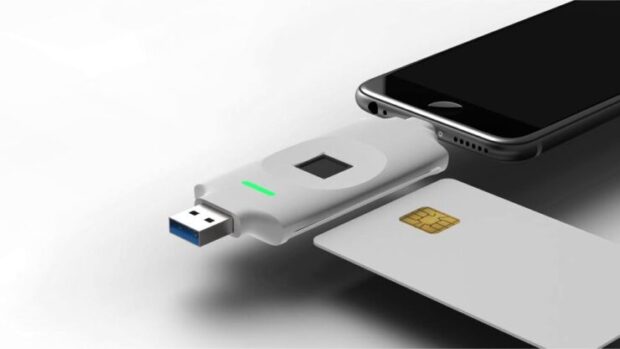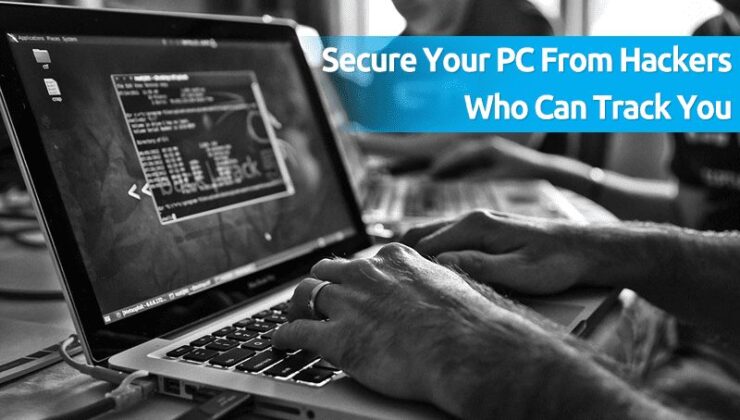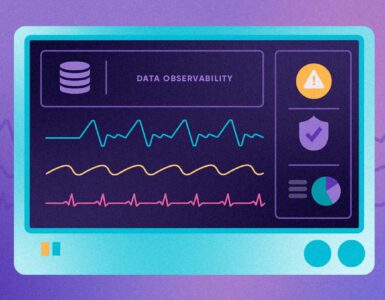With new ransomware or vulnerabilities in devices creeping up every day, it has indeed become very crucial that you start taking the right measures to keep your PCs safe. Most of the time when people fall victims to cybercrimes, the problems are often avoidable. It is now therefore crucial that people start to educate themselves in keeping their system security up-to the mark. With this post, we attempt to do the same by putting forth the ten easiest ways in which you can keep your PC secure. Read them to learn about how to improve the security of your company’s and personal devices.
1. Internet Practices
You can save yourself from many vulnerabilities by being wiser about the sites you visit and downloads that you do. Using official sites and programs for performing functions saves you from getting your PC infected of undesirable viruses. Checking the safety of any attachment that you download, along with avoiding piracy has a lot to do with system security. So, make sure to not visit shady sites and check the links on your emails before clicking them.
2. Regular Antivirus Checks
Viruses find one way or the other to enter your computer to multiply and affect the performance of your device. Antivirus programs have the option of checking the security of a PC in a scheduled manner. Such checks become an added layer of safety for your device, as these programs can block apps that may be ransomware or other undesired viruses. Antiviruses come with many speed boosting features with which it can delete junk on your device along with suggestions of the essential security settings of the devices.
Also, see: Smart security Solution for Businesses
3. Internet Security Suites
When defending your PCs or laptops against unforeseen vulnerabilities, one cannot forget to take the help of internet security suites. The web is the most significant source of downloading viruses on your devices, and internet security suites make sure that you are visiting the secure websites and not subscribing any fraudulent one. These suites keep a track on your online sessions and prevent you from going to the sites that may be harmful to you.
4. Your Browser
The software stores are flooded with many browsers, but not all of them are right for you. It is crucial that you use the right one for your device as most of the login sessions and many other activities that you do are often through these browsers only. Popular browser platforms on the web include Mozilla Firefox, Google Chrome, and Opera Browsers. You can trust these web browsers for your day to day surfing of the internet for a more secure experience. Make sure to keep a check on the plugins that you use on your browsers as many times they may turn out to be spyware. Download them from official browser stores only.
5. Two-Step Authentication
If you want to keep your social accounts of Facebook or Google safe from hackers, then look no further than adding two-step authentication to your devices. The two-step authentication is a setting in your account that requires you to input a uniquely generated pin that is sent to your mobile numbers as one-time passwords every time you try to log in. Using this method of authentication eliminates the possible hacking attacks of your accounts as hackers will not be able to access the OTPs that are sent to your phone numbers.
6. Stronger Passwords
People are often at fault of putting very simple passwords for their devices that anyone can guess. Remember that if anyone can guess it, hackers can do it too. Using simple passwords like ‘monkey4321’ or ‘123456seven’ is not only easily guessable but a threat to your device security. Make sure to use at least nine-lettered passwords with a combination of capitalized and uncapitalized letters along with symbols and numbers. The more you make these passwords difficult to guess, the harder it will be for any password cracking program to penetrate through it.
7. Permissions and Access
The downloaded apps on your PCs may want access to different files and folders which can put your security at risk. Keep a check on the administrator or any other kind of permissions that apps may ask on your PC. Being ignorant about what different apps on your system having access to different files without your knowledge may lead them to put your data at risk and giving am opening to hackers to take control of your files.
8. Stay Updated
People get annoyed by so many updates that they see on their devices, but it is only these updates that keep your PCs bug-free and fixes the vulnerabilities that may be utilized by hackers to find a way into your device. If you put best internet browsing practices into use coupled with regular updating of your device, then you may not ever need any anti-virus at all. Always report any bug in your PC and make sure to apply new updates on it as long as it is marked stable.
9. Using Encryptions

We have already mentioned how the strength of passwords play crucial roles in the safety of your social media and other important accounts. However, we also must realize that because of our dependency on so many digital accounts, it is tough to keep track of so many passwords. You must look to invest in services that let you save your passwords with them in a way that it is encrypted. Unique encryption ensures that even the service storing your password cannot access it. The future of secure passwords is said to be Keyxentic, where the enterprises and businesses are taking help of this service for authentication and encryption of their data. It is known to utilize biometrics which is a highly secure way to keep any kind of data safe.
10. Backups
No device can be a hundred percent safe forever, so it is vital that you keep regular backups of your essential files on clouds or hard-disks. Keeping backups allow you to get your hands back on the data that you might lose during ransomware or other hacking attacks. You can save yourself in compromising situations like coming across your PCs affected with hacks, and still go unaffected as you have all the files that matter with you.
With our dependency on the web for our banking to social life, it has indeed become vital to ensure our device security. We suggest you use these ways to keep your essential data secure and accessible.




























